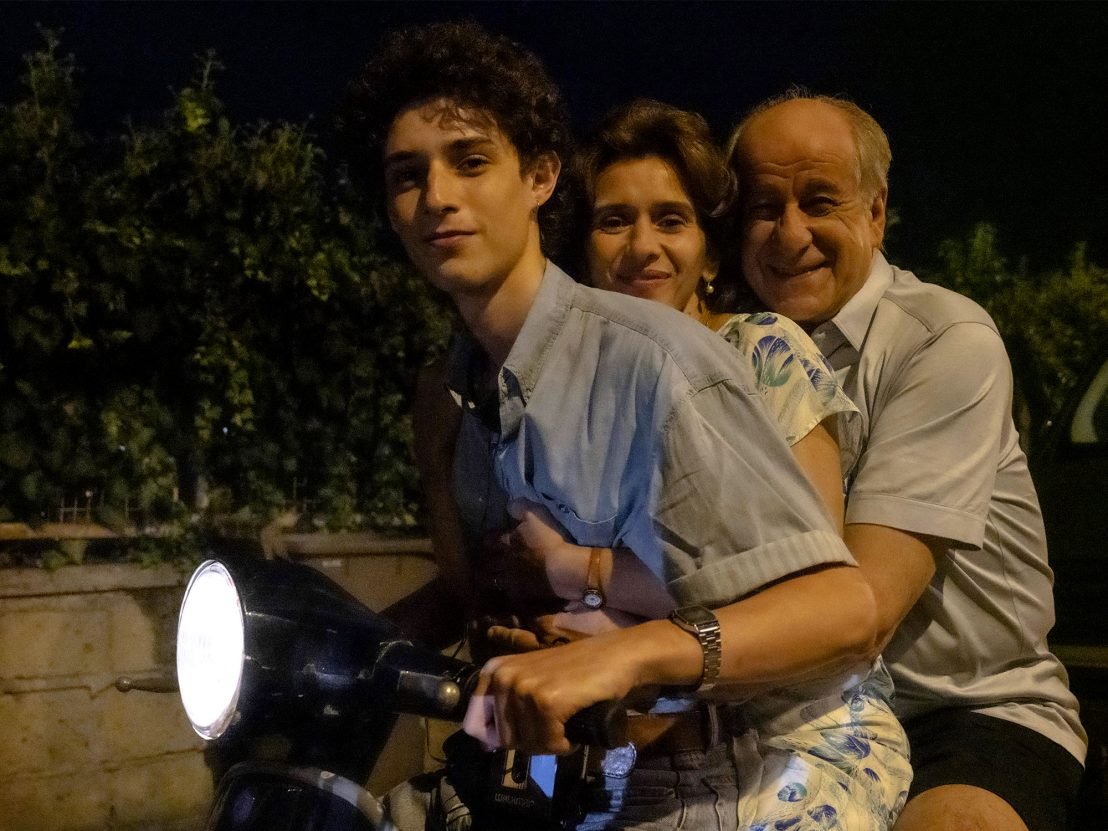Review: 'Nightmare Alley' puts Guillermo Del Toro's sumptuous filmmaking to work on a classic noir tale of carnies and con men
Few directors understand how to use the movies as a time machine as well as Guillermo Del Toro, and his latest, “Nightmare Alley,” is a deeply engrossing trip into the noir world of the Great Depression.
It’s in the depths of economic and emotional despair that finds Stanton Carlisle (Bradley Cooper) setting a match to his rural home and hitting the road. He lands eventually with a traveling carnival, getting a quick job because he’s got a strong back. The carnival’s boss, Clem Hoatley (Willem Dafoe), gives him a place to sleep amid the pickled fetuses and other oddities in Clem’s collection.
Stanton is a quick study, picking up the secrets of carnival life from his new colleagues. He befriends the carnival’s resident psychic, Zeena the Seer (Toni Collette), and learns to fill in for his partner, Pete (David Straithairn), who is sometimes too drunk to deliver the coded clues for the mentalist act. Stanton also comes up with a new set for Molly Cahill (Rooney Mara) and her “Electric Girl” act — leading to a romance with Molly, who agrees to run away with Stanton for something better.
The movie flashes ahead two years, and finds Stanton and Molly performing an upscale version of Zeena and Pete’s mentalism act in ritzy hotel cabarets. The act draws the attention of a psychiatrist, Dr. Lilith Ritter (Cate Blanchett), who’s checking out Stanton’s gifts of clairvoyance on behalf of a rich client, the prominent Judge Kimball (Peter MacNeill) and his wife (Mary Steenburgen).
Against the advice he learned in the carnival — a warning not to turn the act into a “spook show,” by making the marks think you’re really communing with the departed — Stanton manipulates the Kimballs to tell them what they want to hear about their son, who was killed in the Great War. This leads Stanton to a partnership with Dr. Ritter, to set up her patients for psychic readings, using the information she collects from her patients to sell the act. With Ritter’s help, Stanton meets the ultimate mark, the reclusive and unstable tycoon Ezra Grindle (Richard Jenkins).
Del Toro and his co-screenwriter, Kim Morgan, adapt a classic novel by William Lindsay Gresham (which spawned a 1947 movie version, starring Tyrone Power as Stanton) and distill the dark heart of film noir. Deploying a strong behind-the-camera team — including cinematographer Dan Laustsen and costume designer Luis Sequeira, from his 2017 Oscar-winning “The Shape of Water” — perfectly captures the detailed world of con artists and marks, being taken for dimes at the carnival or thousands of dollars in the palaces of the wealthy.
The movie is blessed with an outstanding ensemble cast, including Del Toro’s personal good-luck charm, Ron Perlman, as the carnival’s strongman, Bruno. Cooper gives a riveting performance, his eyes darting as Stanton constantly works out the angles of his next con. He plays deftly off of his three leading ladies: Collette as the jaded carnival performer, Mara as the ingenue, and Blanchett as the shrink who recognizes a fellow manipulator when she sees one.
“Nightmare Alley” is another case of Del Toro — as he’s done with “The Shape of Water,” “Crimson Peak” and so many other movies — building a fully realized world that draws us in with its seductive menace. The movie is like the funhouse in Clem’s carnival: A hall of mirrors that fascinates us with what we can see inside.
——
‘Nightmare Alley’
★★★1/2
Opens Friday, December 17, in theaters everywhere. Rated R for strong/bloody violence, some sexual content, nudity and language. Running time: 150 minutes.







